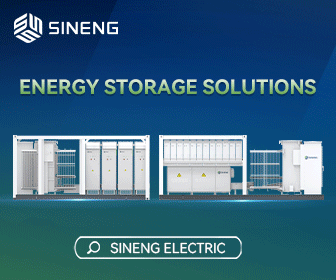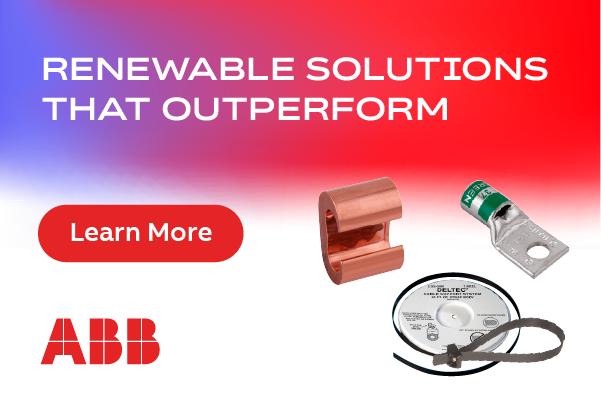Sion Power Sets New Standard for Lithium-Metal Anodes wirh Vacuum Deposition Process
Sion Power is making significant strides in the anode manufacturing process, addressing one of the key barriers to lithium-metal battery performance and scalability. By replacing conventional mechanical rolling with a proprietary vacuum deposition process, the company produces lithium-metal anodes with unprecedented control, efficiency and performance.
Traditional anode manufacturing relies on mechanical rolling, which limits the lithium thickness to 30–50 microns and requires the use of lubricants and additives during production. This process is restrictive and inefficient, creating cost and performance challenges for next-generation batteries.
Sion Power has developed a vacuum deposition method that overcomes these limitations. The roll-to-roll thermal evaporation process deposits lithium directly onto copper foil at controlled speeds, allowing for the formation of ultra-thin and uniform films as thin as 2–3 microns. This flexibility allows for the precise tailoring of lithium thickness for various applications, thereby reducing material usage and enhancing cost efficiency.
Beyond thickness control, the process enables engineered surface coatings that enhance lithium stability and performance. In customer testing, Sion Power’s 5-micron films delivered twice the cycle life of comparable competitor materials, demonstrating a clear performance edge.
“Our ability to deposit lithium in films from 2 to 50 microns with custom surface treatments positions us as the leader in lithium-metal anode technology,” said Tracy Kelley, president and chief science officer of Sion Power. “This innovation provides a true scalable path to high-performance batteries.”
While other companies, including equipment providers, are exploring lithium-metal deposition, Sion Power’s approach is unique in its focus and maturity. Rather than adapting tools designed for multiple industries, Sion Power has spent decades developing and refining a process optimized specifically for battery anodes.
The company has validated the scalability of its vacuum deposition process through customer engagements, including detailed throughput and cost analyses. The process is currently in use for producing anodes in Sion Power’s Licerion® large-format battery cells manufactured in Tucson, Arizona.
“With decades of expertise in lithium-metal, we believe our vacuum deposition method is the gold standard for thin lithium films,” said Kelley. “It is a U.S.-based solution ready to support commercial demand at gigawatt scale.”
Sion Power | www.sionpower.com









